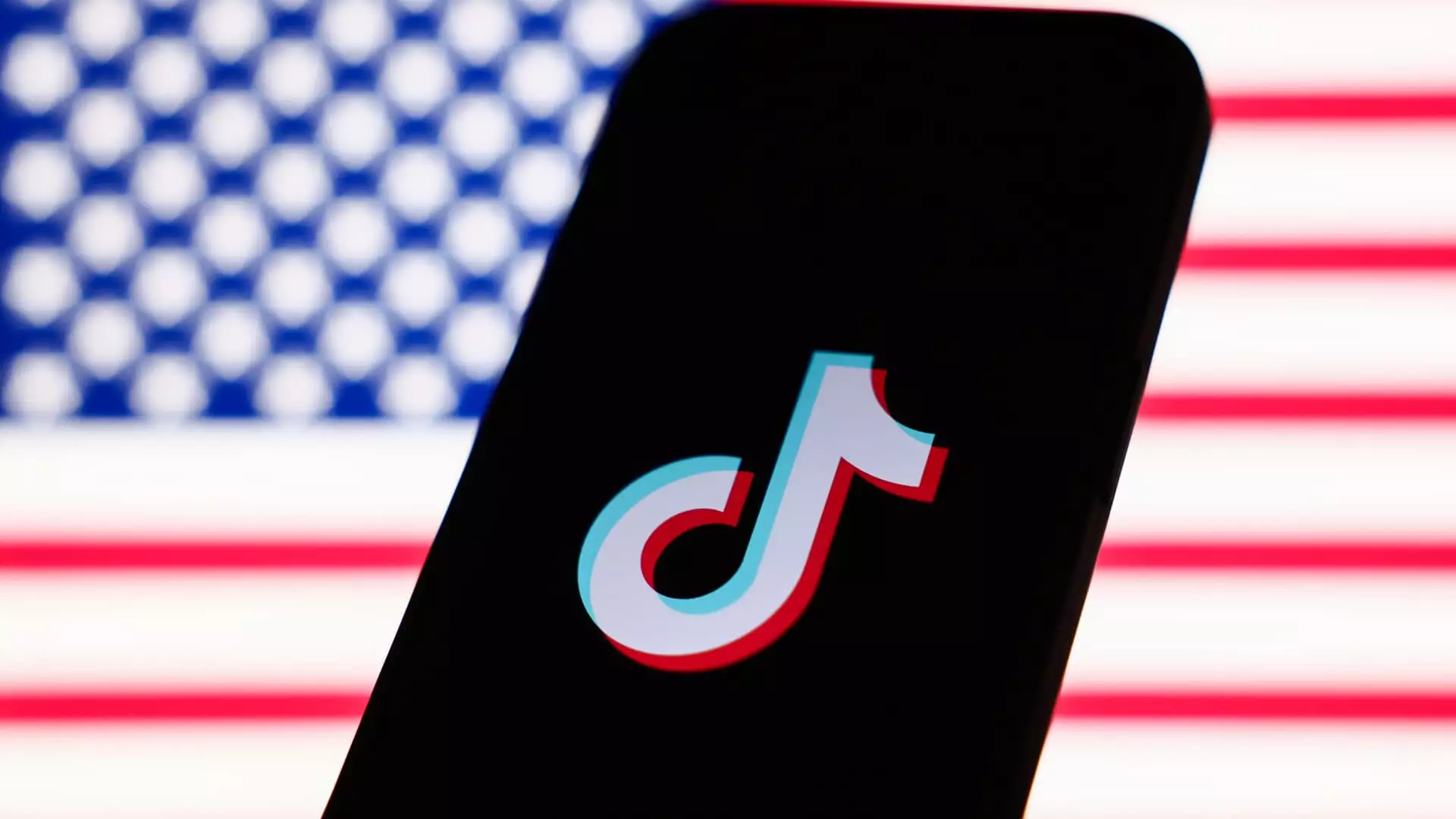With the impending U.S. ban on TikTok looming just days away, the dialogue surrounding the popular social media app has reached a fever pitch. In a significant turn of events, businessman Frank McCourt’s nonprofit organization, Project Liberty, has put forth an ambitious proposal to acquire TikTok from its Chinese parent company, ByteDance. This proposal, termed “The People’s Bid for TikTok,” aims to restructure the platform under American ownership, focusing on enhancing users’ digital safety. The fallout from the potential ban raises crucial questions about national security, the future of social media, and the protection of user data.
The intent behind Project Liberty’s proposal is clear: McCourt envisions crafting a reimagined version of TikTok through an “American-made tech stack.” By striving to operate outside of the current system that utilizes ByteDance’s algorithm, the nonprofit aims to ensure that millions of American users can continue accessing a familiar platform while fostering an environment centered on user safety and privacy. This innovative approach not only seeks to circumvent a government-imposed ban but also positions the initiative as a potential lifeline for countless users and creators dependent on TikTok for their livelihoods.
As Project Liberty advances its plans, the legal backdrop surrounding TikTok’s fate remains complex. The U.S. Supreme Court is poised to hear arguments regarding the ban, which President Biden signed into law last April due to national security concerns. Notably, TikTok has vociferously defended its stance on free speech, asserting that the ban could deprive U.S. businesses and creators of $1.3 billion in revenue within just one month. This stark statistic highlights the economic stakes involved, particularly for small businesses that have come to rely on the platform for marketing and engagement.
Project Liberty’s vision goes beyond merely acquiring TikTok; it ultimately seeks to champion an open-source platform that provides users greater control over their data. In partnership with seasoned entities such as Guggenheim Securities and Kirkland & Ellis, the initiative aims to rally support from digital safety advocates and tech visionaries, including Tim Berners-Lee, the inventor of the World Wide Web. By focusing on user empowerment, Project Liberty aspires to shift the internet landscape towards more transparent and secure digital experiences.
As the clock ticks down to the potential TikTok ban, the actions taken by Project Liberty exemplify the ongoing debate about the governance of social media platforms. The transition of TikTok to an American-based entity not only promises to alter the dynamics of a beloved platform but also sparks crucial conversations about data ownership, user privacy, and national security. Whether this bid will succeed remains to be seen, but it undeniably reflects a growing appetite for a digital landscape that prioritizes the needs and security of its users. The future of social media may well hinge on efforts like these, as we navigate an era defined by rapid technological advancement and its accompanying challenges.

